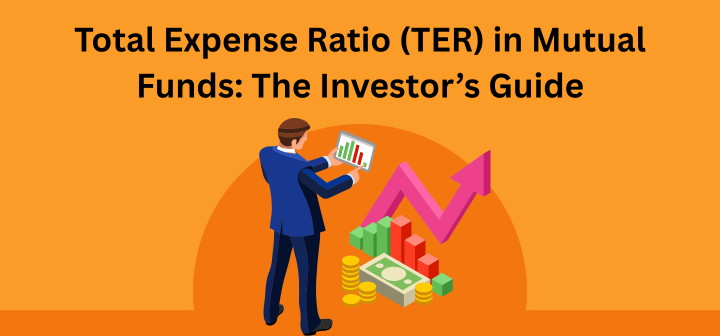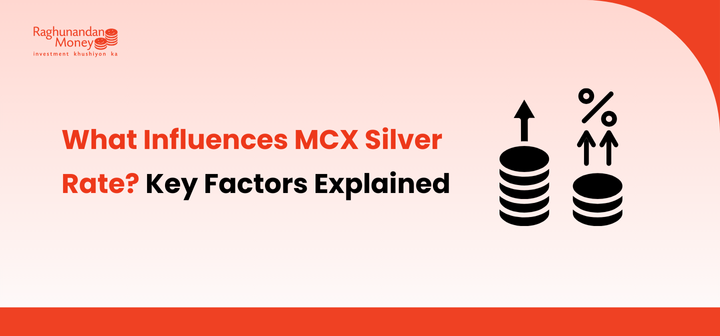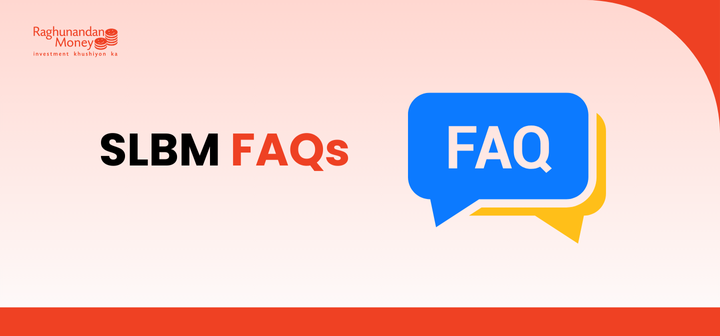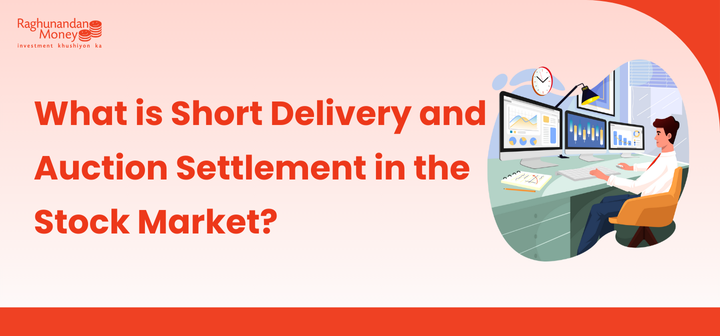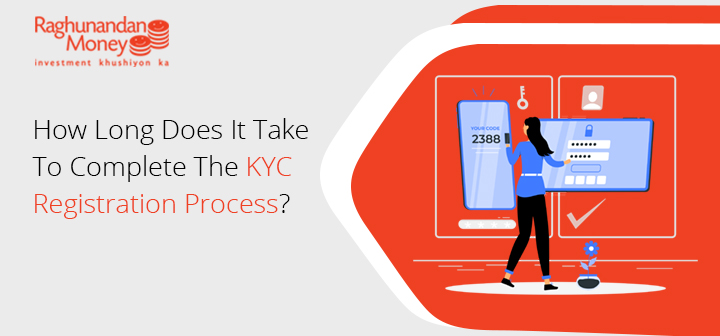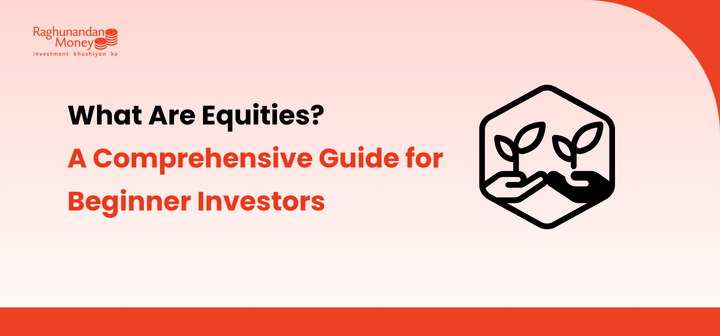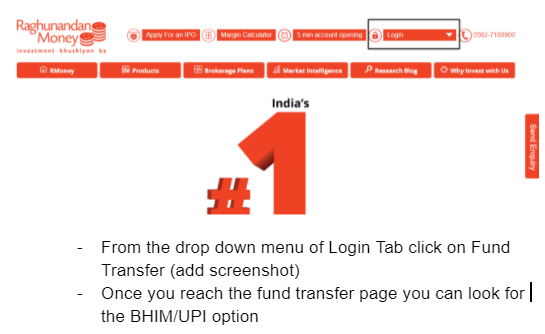Mutual funds offer investors an easy way to diversify, grow wealth, and access expert fund management—but it’s not free. Every mutual fund charges a fee known as the Total Expense Ratio (TER), which directly impacts your returns. As an investor, understanding TER is essential to make smarter, more cost-effective decisions when choosing mutual fund schemes.
This guide breaks down what TER means, how it is calculated, why it matters, and how SEBI regulates it in the Indian market.
What is Total Expense Ratio (TER)?
TER is the percentage of a mutual fund’s average assets that are used to cover the fund’s expenses—such as fund management fees, administrative costs, registrar and transfer agent fees, marketing/distribution charges, and audit/legal costs.
TER = (Total Expenses of the Fund / Average Assets under Management) × 100
A TER of 1.5% means that ₹1.50 is charged annually for every ₹100 you’ve invested in that fund.

What Does TER Include?
TER is a consolidated figure that includes:
- Fund Management Fee: Charged by the AMC (Asset Management Company) for managing the fund.
- Registrar & Transfer Agent Fee: Cost of investor servicing, processing transactions, etc.
- Trustee Fee & Custodian Charges: For managing and safeguarding the fund’s assets.
- Marketing/Distribution Expenses: Charges incurred for promoting the fund and paying commissions to distributors or platforms.
- Audit and Legal Fees: For fund compliance, auditing, and legal checks.
Types of TER: Direct Plan vs. Regular Plan

|
Plan Type |
TER (Lower/Higher) |
Why? |
|
Direct Plan |
Lower TER |
No distributor commission or platform fees. |
|
Regular Plan |
Higher TER |
Includes commission to intermediaries or advisors. |
If you’re comfortable making decisions on your own or through platforms like RMoney, Direct Plans help you save on TER and earn better long-term returns.
SEBI Guidelines on TER
To protect investors from being overcharged, the Securities and Exchange Board of India (SEBI) has capped TERs based on the fund’s size:
|
AUM Slab |
TER Cap (Equity Funds) |
TER Cap (Debt Funds) |
|
Up to ₹500 cr |
2.25% |
2.00% |
|
₹500–₹750 cr |
2.00% |
1.75% |
|
₹750–₹2,000 cr |
1.75% |
1.50% |
|
₹2,000–₹5,000 cr |
1.60% |
1.35% |
|
₹5,000–₹10,000 cr |
1.50% |
1.25% |
|
Above ₹10,000 cr |
1.05% |
0.80% |
Larger funds have lower TER caps because of economies of scale.
SEBI mandates AMCs to disclose TER daily on their websites and on AMFI’s portal.
Why TER Matters to Investors?
While TER may look like a small number, over time, it can significantly affect your net returns.
Example:
Let’s say two mutual funds both deliver a 10% gross return, but:
- Fund A has a TER of 2.0%
- Fund B has a TER of 1.0%
After deducting TER:
- Fund A gives you 8.0% net return
- Fund B gives you 9.0% net return
Over 10 years, this 1% difference compounds into thousands of rupees lost (or saved).
How to Check a Fund’s TER?
You can find a mutual fund’s TER:
- On the AMC’s official website
- On AMFI’s website (www.amfiindia.com)
- In the fund’s factsheet or offer document
Should You Always Choose the Lowest TER?
Not necessarily. While low TER helps improve returns, it should not be the only factor in choosing a fund. Consider:
- Fund manager’s track record
- Historical performance
- Portfolio quality and volatility
- Consistency in returns
Sometimes, a fund with a slightly higher TER may outperform a low-cost fund due to better fund management or asset selection.
TER in Passive vs. Active Funds
|
Fund Type |
Typical TER |
Remarks |
|
Active Funds |
1.0% to 2.25% |
Actively managed by fund managers. |
|
Passive Funds (ETFs/Index Funds) |
0.05% to 0.30% |
Replicate indices; lower TER. |
Passive investing is growing in popularity due to ultra-low TERs and index-beating returns over long durations.
RMoney Tip: How to Maximize Returns by Managing TER
- Compare Direct vs. Regular plans before investing.
- Use RMoney platforms to track and analyze your fund costs easily.
- Consider passive funds if you want low-cost exposure to Nifty, Sensex, or global indices.
- Periodically review TER changes, especially after a change in fund size or fund manager.
Conclusion
The Total Expense Ratio is one of the most underestimated factors impacting long-term mutual fund returns. A small percentage difference compounds into a large amount over the years. By understanding TER and incorporating it into your fund selection criteria, you can make better, more profitable investment decisions.
FAQs on Total Expense Ratio (TER)
- How does TER impact my mutual fund returns?
TER is deducted from your fund’s returns before they are credited to you. For example, if a fund earns 10% gross returns annually and the TER is 2%, your net return will be around 8%. Over long periods, even a 1% difference in TER can significantly affect your total investment value due to compounding.
- Why is the TER of direct plans lower than regular plans?
Direct plans do not involve intermediaries, distributors, or platform commissions. As a result, AMCs charge a lower TER. In regular plans, a portion of the TER goes toward distributor commissions and platform fees, making it costlier for investors.
- Should I only choose the mutual fund with the lowest TER?
Not always. While a lower TER is better for returns, it should be considered along with fund performance, risk profile, fund manager track record, and consistency. A slightly higher TER fund may outperform over time if managed more effectively.
- Is TER the same for all types of mutual funds?
No. TER varies based on:
- Fund type (equity, debt, hybrid, passive)
- Plan type (direct or regular)
- Fund size (AUM)—as per SEBI, larger funds must charge lower TERs
Equity funds usually have higher TERs than debt or index funds due to active management costs.
Need Help?
Connect with RMoney’s investment experts and use our technology platforms to compare plans, evaluate TERs, and maximize your wealth-building journey.
Call us at 0562-4266600 / 0562-7188900, Email: askus@rmoneyindia.com
Disclaimer
This Blog is for educational purposes only and does not constitute investment advice. Always consult with a financial advisor before making trading decisions.

Stock Trading Now trade in ₹9 Per Order or ₹ 999 Per Month Plans.
Future & Options Access F&O contracts with advanced tools for hedging and speculation.
Currency Trading Trade in major currency pairs and manage forex exposure efficiently.
Commodity Trading Diversify Trading with MCX & NCDEX by Trading in Gold, Silver, Base Metals, Energy, and Agri Products.
Margin Trading Funding Boost your buying power with upto 5X, Buy now Pay Later
Algo Trading Back test, Paper Trade your logic & Automate your strategies with low-latency APIs.
Trading View Leverage Trading View charts and indicators integrated into your trading platform.
Advanced Options Trading Execute multi-leg option strategies with precision and insights.
Stock Lending & Borrowing Earn passive income by lending stocks securely through SLB.
Foreign Portfolio Investment Enable NRIs and FPIs to invest in Indian markets with ease and compliance.
IPO Invest in upcoming IPOs online with real-time tracking and instant allotment updates.
Direct Mutual Funds 0% Commissions by investing in more than +3500 Direct Mutual Fund Scheme.
Corporate FDRs Earn fixed returns with low-risk investments in high-rated corporate fixed deposits.
Stocks SIPs Build long-term wealth with systematic investment plans in top-performing stocks.
Bonds & NCDs Access secure, fixed-income investments through government and corporate bond offerings.
Depository Services Safely hold and manage your securities with seamless Demat and DP services with CDSL.
Journey Tracing our growth and milestones over time.
Mission & Vision Guided by purpose, driven by long-term vision.
Why RMoney Platform Smart, reliable platform for all investors' needs.
Management Experienced leadership driving strategic financial excellence.
Credentials Certified expertise with trusted industry recognition.
Press Release Latest company news, updates, and announcements.
Testimonials Real client stories sharing their success journeys.
7 Reasons to Invest Top benefits that make investing with us smart.
SEBI Registered Research Trusted insights backed by SEBI-compliant research.
Our Technology Advanced tools enabling efficient online trading.
Calculators Access a suite of smart tools to plan trades, margins, and returns effectively.
Margin Calculator Instantly check margin requirements for intraday and delivery trades.
MTF Calculator Calculate MTF funding cost upfront to ensure full transparency before placing a trade.
Brokerage Calculator Know your exact brokerage charges before placing any trade.
Market Place Explore curated investment products and trading tools in one convenient hub.
RMoney Gyan Enhance your market knowledge with expert blogs, videos, and tutorials.
Performance Tracker Track our research performance with full transparency using our performance tracker.
Feedback Share your suggestions or concerns to help us improve your experience.
Downloads Access important forms, software, and documents in one place.
Locate Us Find the nearest RMoney branch or service center quickly.
Escalation Matrix Resolve issues faster with our structured support escalation process.
Back Office Log in to view trade reports, ledger, and portfolio statements anytime.
Account Modification Update personal or bank details linked to your trading account.
Fund Transfer Transfer funds instantly online with quick limit updation to your trading account.
Bank Details View our registered bank account details for seamless transactions by NEFT, RTGS or IMPS.
How to Apply IPO Step-by-step guide to apply for IPOs using your trading account.
RMoney Quick Mobile App Trade on-the-go with our all-in-one mobile trading app.
RMoney Quick login Quickly access your trading account through the RMoney Quick web-based trading.
RMoney Rocket Web Version Experience powerful web-based trading with advanced tools for algo traders.
RMoney Rocket Mobile Version Trade anytime, anywhere with our feature-rich mobile trading platform.
